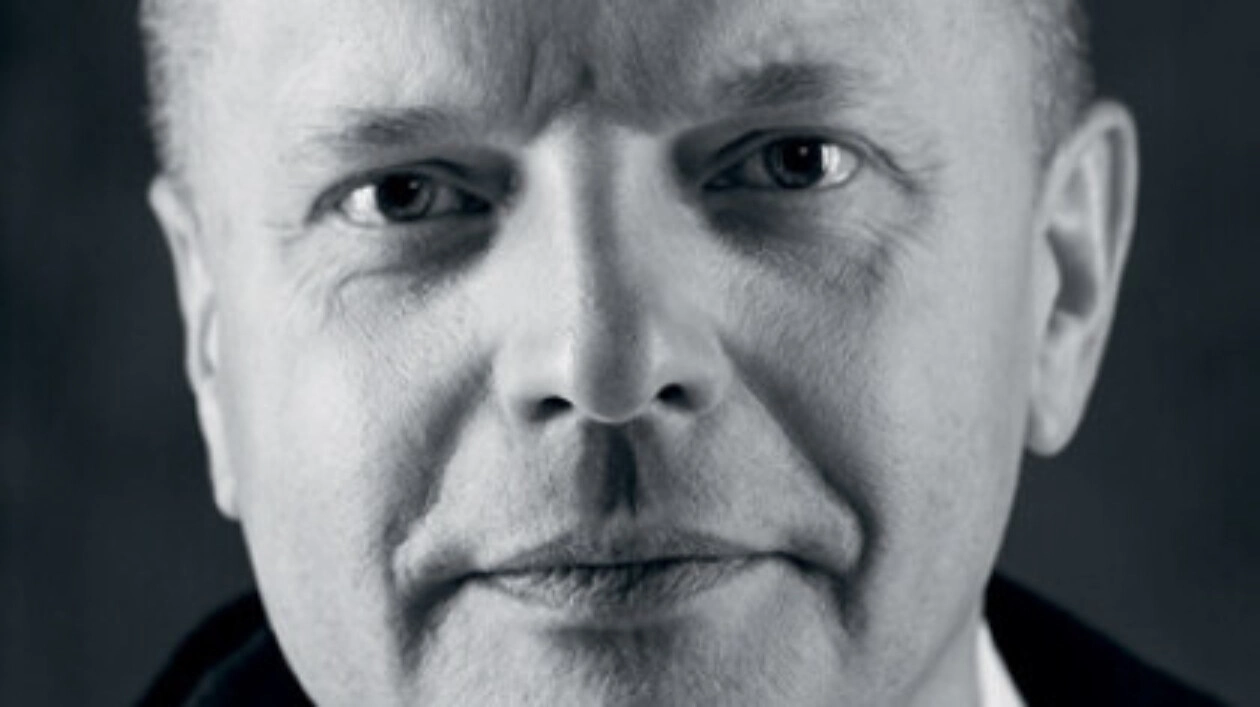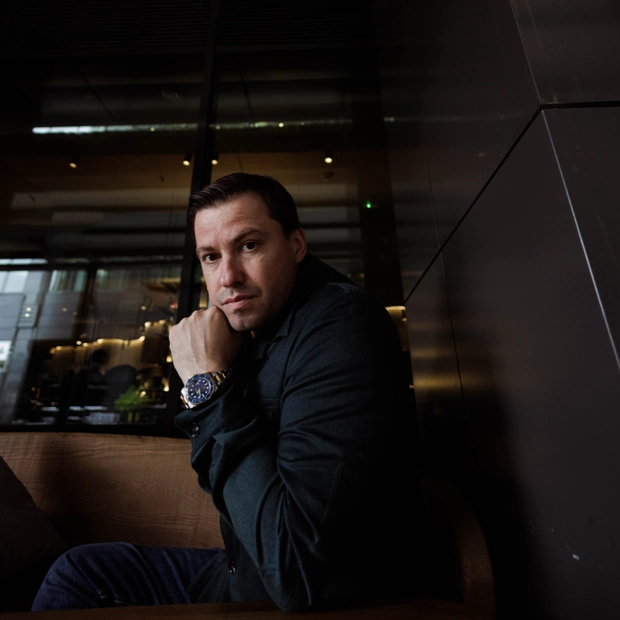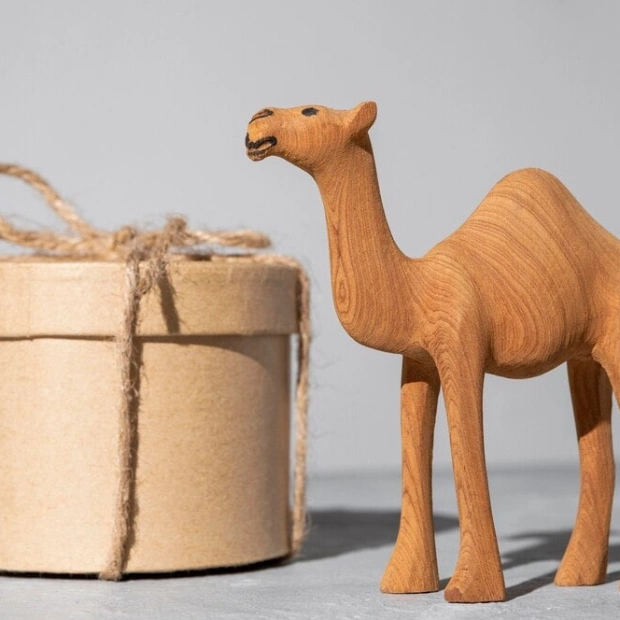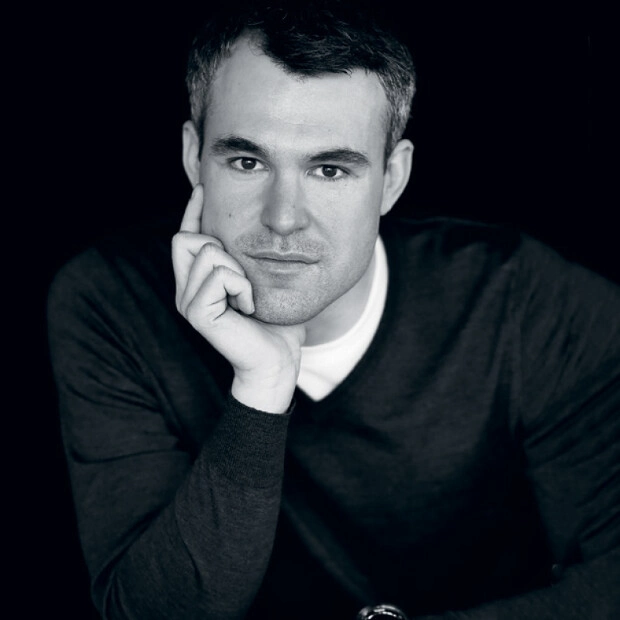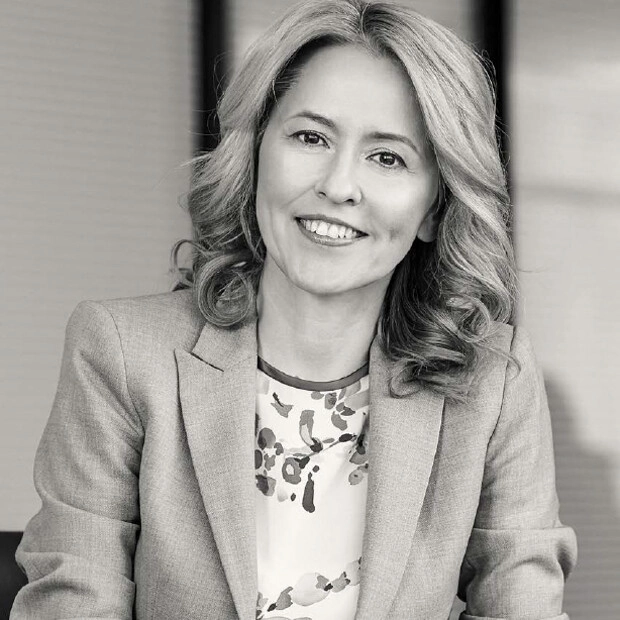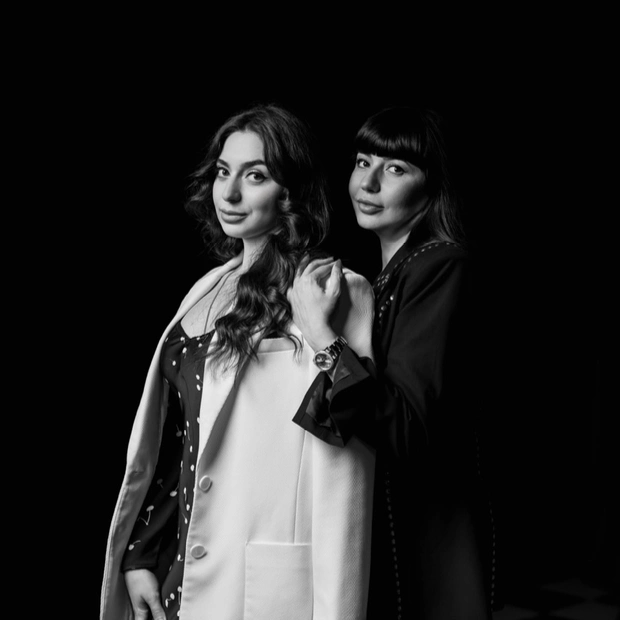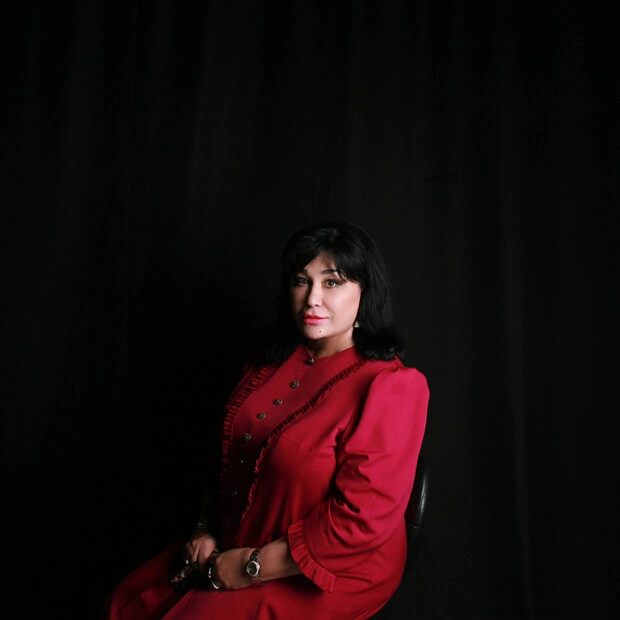A chronicler born by journalism, this man inhales this country’s history and preserves the Binding Yarn between the USSR and today’s Russia. His text gives the feeling of a polyphonic omnitemporal world where his native Russian North, St. Pete, he’s been in love with since his studentship, and Georgia with its orange wines live side by side. Journalist & TV host Leonid Parfyonov shares stories of his favourite towns, countries, wine, and Russia.
My native land is Northern Russia, which is more than a geographical term as it denotes a civilisation. Once owned by the Principality of Novgorod, part of the Novgorod Province before 1917, it was called Vologda Oblast when I was born. The local nature, architecture, habits, dialect, behaviour standards, social distance, etc., are different from those of Central, and all the more so, Southern Russia. I grew up in Uloma Village, District of Korotovo, Cherepovetsky Rural Council, Vologda Oblast (end of address). Like most local place names, the toponym is, no doubt, of Finnish origin, ‘maa’ meaning ‘land’. Vologda Oblast also has a town called Totma. ‘Rus hidden away among the Mordva & the Chudes’, says Yesenin about the Finno-Ugrians. In my view, that’s what Russia has always been. I visit my homeland every two three months and once a year do my best to see Kirillo-Belozersky Monastery & Ferapontov Convent, the outstanding & perfect masterpieces of Russian North.
I went to university in Leningrad at the time, so Petersburg is special for me. Thanks to its being our 2nd capital too. We seem to undervalue Russia having two capitals. In the meantime, Petersburg not only boasts of a great & unique cultural legacy but also generates modern meanings & trends, different from those of Moscow – probably the capital’s most essential function. After over 30 years in Moscow, I cannot imagine myself without it either. My irons in the fire, my projects, my household, and the people I socialise with are all here. I’d also like to mention varieties of ‘Chookhon’ – my term for northern countries, of which Estonia & Denmark appeal to me most. They are examples of hard happiness in seemingly hungry lands, which I wish to my native one. As to Georgia & France, they’re a moveable feast – a classical definition of the French capital. All these towns & countries are my power places.
A studentship is a crucial part of one’s life & its starting point. I’m sure one must not choose a university in one’s home town but go to another city, and live in hall. Moscow, with its many nightclubs, is unfit for students. A megapolis is no place for university campuses. And that’s the kind of ‘compensatorics’ we’ve got. I myself graduated from Leningrad Zdanov Orders of Lenin & the Red Banner of Labour University. The name itself speaks volumes about the Soviet humanitarian education: Scientific Communism, History of the CPSU, Soviet Journalism in Theory & Practice, Marxist-Leninist Printing Theory – a bunch of pseudosciences. That’s why I wanted my son & daughter to study abroad, get world-class training, learn to be independent, and never divide the globe into Russia and the rest of the world. My children earned their degrees and returned to Moscow long ago, and I hope they feel the world’s unity.
What I like most in today’s Russia is the opportunity for the initiative. In life spheres with no or little government presence, people are very enterprising, inventive, and quickly make progress. Almost all leisure industries, from coffee houses & restaurants to the show business & film distribution, have long been run by private individuals up to the world standards. In this, we are a different country compared to the USSR. But whatever of State is still full of Soviet left-overs kept as our alleged Regimen & Traditions. Why did someone appoint the State our Regimen? My great-grandfather was a member of a Uloma business partnership of four smithies & an ironmonger’s shop. I’ve got their catalogue - it was a small & medium enterprise operating with no support or transfers. All the partners had large families but got no welfare benefits, relying only on themselves. Enterprising & initiative, fearing no Bald Devil, as a Russian saying goes, they sold their hardware in Moscow & Petersburg. Today, no one there can even imagine producing something to be marketed in Moscow. In the times of the state-owned monopoly economy, the ancestral territory’s ability to maintain itself was lost.
I travel only to my native land in Vologda Oblast, Petersburg, Georgia, and France. Before the COVID pandemic, I flew to Georgia and Petersburg four times a year. These are parts of my life without which it’s incomplete. Some places, you can visit once, others – twice, and of some, you cannot get enough. We could talk a lot about Georgian historical & cultural heritage, national character, and singing. My film crew & I use the term ‘blood khachapuri level’ coined by director Sergey Nurmamed. It’s about the love of life in general & gastronomy in particular. In the Soviet times, Georgian cuisine was the only fragment of the Mediterranean available. Now, with the Iron Curtain down, we’ve got the whole Med to taste. So, has pizza got the upper hand? Adjarian khachapuri vs. Quatro Fromaggi? Not at all, as both masterpieces are dear to us.
My love for wine began in St. Pete 44 years ago.
My roommates were Bulgarians and, as a result, I escaped vodka & Porto. Later, I worked at some editorial offices, where all drank like a fish, so, at times, after 3 p.m., you could not find a single sober soul. They drank ‘Andropovka’ Vodka, 4.70 roubles a bottle, while I opted for Bulgarian Cabernet. Wine at dinner with friends is my need.
Why wine? As they say, 1st: wine is exquisite & a source of pleasure. This alone would suffice, but there are many more ‘2nds’ too. It’s the most sophisticated agricultural product, and the best wine is what’s called ‘the salt of the earth’. That’s the soil, climate, vine, production & consumption traditions, and cuisine we’ve got. That’s why it’s this wine that’ll tell you about all that. Besides, it’s part of a feast & a friendly conversation as well as a treat for a guest. It’s also your experiences & fellowship with the beverage and various tastings in various circumstances. Wine is a situational product. Oh, that Rosé & raw seafood on a terrace & a sea-view! Or that Barolo & grilled liver on a wet autumn evening! Such impressions, in time, become part of your life. And one of the best, at that.
The orange or amber wine boom occurred in the 2010s. It had to do with changing for organic foods & original cuisine gastropub culture. Signature dishes require wines of the kind. Seasoning wine in amphoras on squash –grape skins & seeds – was, in essence, returning to the ancient ordinance & the original taste of wine. That’s where Georgia has proved to be the best tradition-keeper. Joško Gravner, the most reputed orange wine producer from Italian Friuli, calls it ‘our Mecca’. He & many others import kvevris from Georgia even though now, these large earthenware vessels are produced in Europe, mostly in Spain.
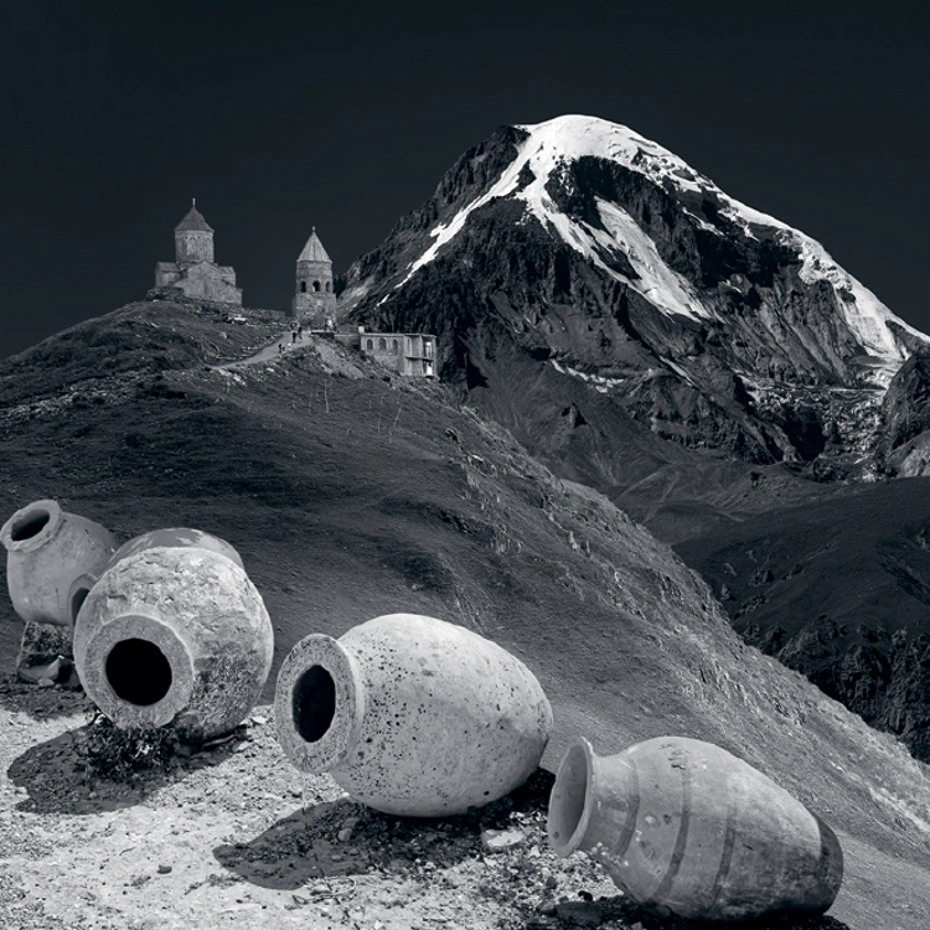
Georgia is rich in inimitable white grape varieties, so Mtsave, Kisi, Krakhuna, Chinuri, & others, seasoned in kvevries to the ‘orange condition’, contribute a lot to the wine world, proving its inexhaustibility. And the enigmatic Chitistvala, so gentle, delicate, with a light pineapple flavour, is just priceless! I first tasted it five years ago at Kakha Chotiashvili’s vineyard and am still amazed at the taste. The UNESCO has included Georgian kvevri winemaking into mankind's cultural heritage - a well-deserved acknowledgment & proof of wine being a whole world.
